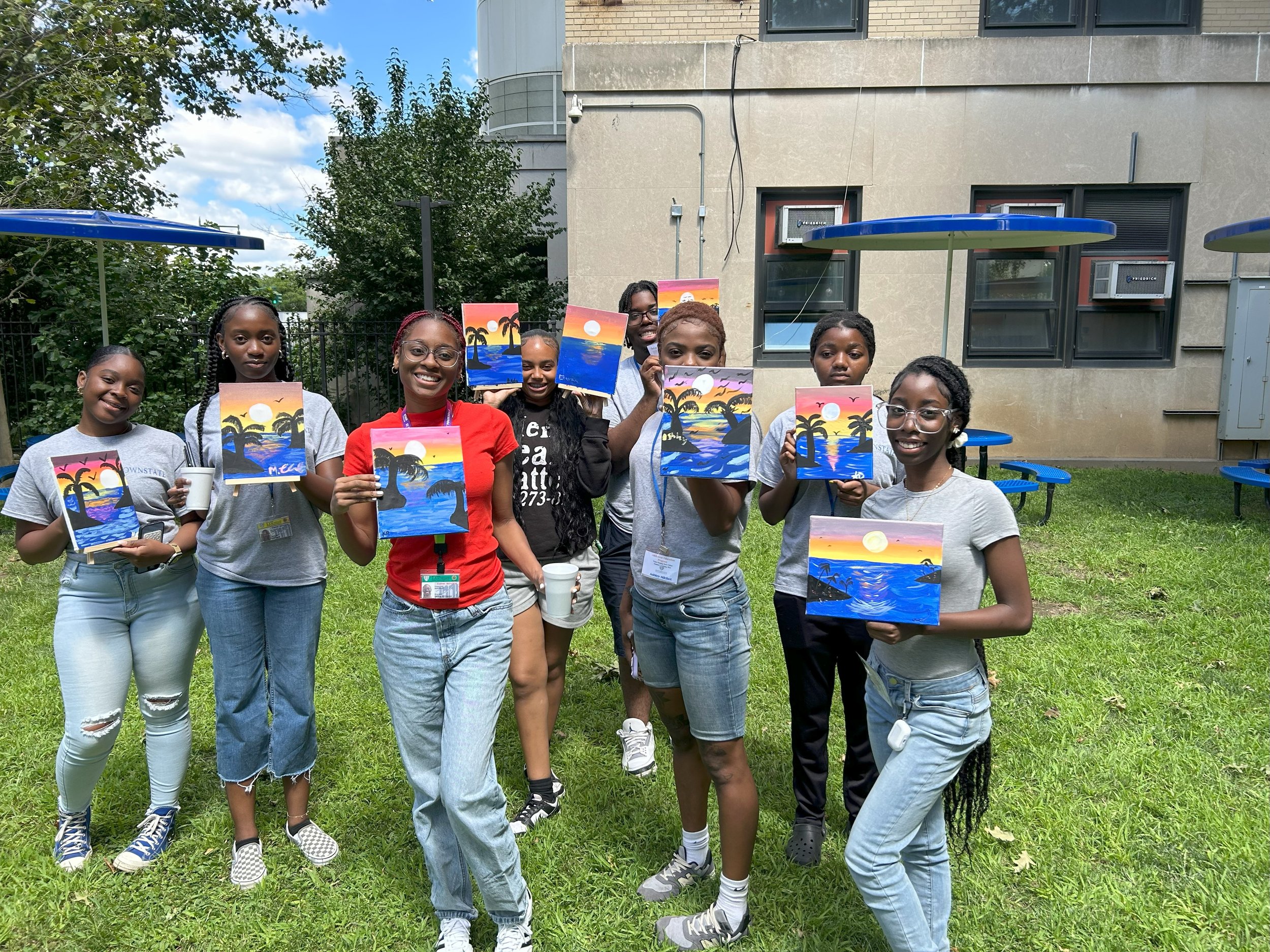National Black HIV/AIDS Awareness Day
/It’s National Black HIV AIDS Awareness Day!
In 2019 and estimated number of 34,800 people were diagnosed with HIV/AIDS and 14,300 of those cases were composed of people who identified as Black. In addition, the rate for HIV contraction is higher for Black women. And 13% of Black Americans still do not know their status. Something to also note is that 1 in every 7 Black people have undiagnosed HIV.
Research shows us that HIV and AIDs is impacting our communities of color in astronomical numbers. This is why today, it is time to honor our loved ones both infected and affected by HIV and AIDS. This time of the year, we take the time out to educate as well as to bring awareness in our communities about the facts about HIV and AIDs. Speakers and advocates like Michelle Anderson, Kamaria Laffrey, Keith Green, and many more are HIV and AIDS advocates of color that focus on the rights and reducing the stigma placed upon people with HIV and AIDS. Black people statistically have higher cases of HIV than any other race.
Source: https://www.cdc.gov/nchhstp/newsroom/fact-sheets/hiv/black-african-american-factsheet.html
Black men make up three-quarters of these HIV infections, Black women in heterosexual relationships make up 91% of new infections, and Black trans people make up for 62% of all trans women. The extremes of these statistics are due to years of social injustice and lack of reform. So, as youth advocates and peer educators, what are ways we can prevent these cases from rising? First, educate our communities about the facts of HIV and AIDS. There are resources available that can help prevent the spread of HIV and AIDs as well as preventative medication. Look into PrEP for people at risk of exposure to HIV and AIDs and PEP for those who have been exposed to HIV and AIDS. PrEP stands for pre-exposure prophylaxis and is to be taken up to 2-24 hours before having intercourse with someone with HIV. And PEP stands for post-exposure prophylaxis which is to be taken 72 hours after intercourse with someone with HIV.
Together we can combat the spread of not only HIV and AIDS, but the stigma around it as well.
So, reach out to a loved one today that you know has HIV and show them a little extra love and make them feel seen and heard. Remember, education and advocacy begins with us.




